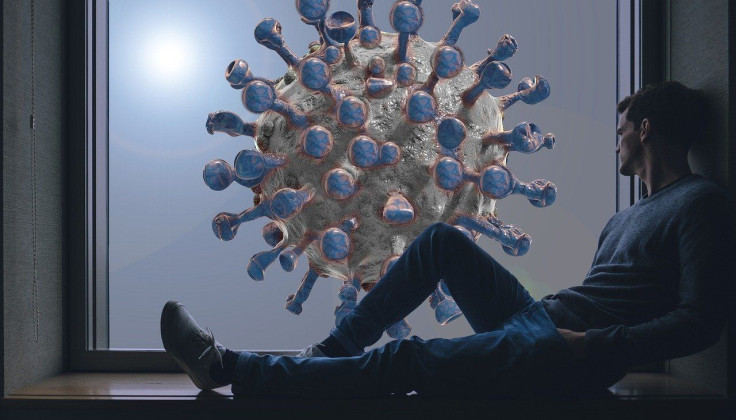First Area Of The Body Affected By COVID-19, Expert Tells All

KEY POINTS
- Coronavirus has been proven to be fatal to some but not to others
- The virus affects these two body sections first then moves on to the lungs
- Symptoms depend on where the virus is located in your body
Health experts have been saying for some time now that coronavirus can be fatal to the elderly and those with existing health conditions. Such underlying health conditions include those suffering from respiratory diseases like COPD and asthma, as well as those who have certain types of cancer like leukemia and bone marrow cancer.
Many Types Of Coronaviruses
The Centers for Disease Prevention and Control or CDC said there are many kinds of human coronaviruses. These include those that are responsible for causing illnesses like mile upper-respiratory-tract ailments.
COVID-19, however, is an illness caused by a new strain of coronavirus, which has not been previously observed in humans. It is said to have originated in an animal market in the Chinese city of Wuhan and has now been transmitted from one person to another through respiratory droplets. These droplets are produced and can infect you when a person with a confirmed coronavirus infection breaths, talks, coughs, or sneezes within two meters.
Area Of The Body First Hit By COVID-19
According to Dr. Rishi Desai, the first area of the body to be infected by the virus is your nose and the back of your throat. This can lead to symptoms like nasal congestion, sore throat, a runny nose, and basically those symptoms present in common cold. Dr. Desai is an Infectious Disease Physician and former Outbreak Investigator at the CDC. He is now the Chief Medical Officer at Osmosis.
The CDC has revealed that these symptoms may appear anywhere from two to fourteen days after exposure to the virus. The health body also said that the main symptoms of COVID-19 infection are a new continuous cough, high fever, and shortness of breathing.
The Next Move
Dr. Desai said that after the coronavirus hits the back of your throat and nose, it then moves to your lungs. At this point, you are likely to experience some chest pain, coughing, and shortness of breathing. If the virus goes to your bloodstream, it may result in malaise, fatigue, fever, and night sweats.
This means some patients may experience only those symptoms localized to a single region, while others may experience a blend of symptoms across all regions, said Dr. Desai. He added that since each individual possesses a unique immune system, the way their bodies react to the virus may also differ.
The result, he said, is that some may react aggressively to COVID-19 while others may not. Dr. Desai also said that the symptoms that people experience usually correspond to where the virus has lodged itself in your body.
© Copyright IBTimes 2025. All rights reserved.





















